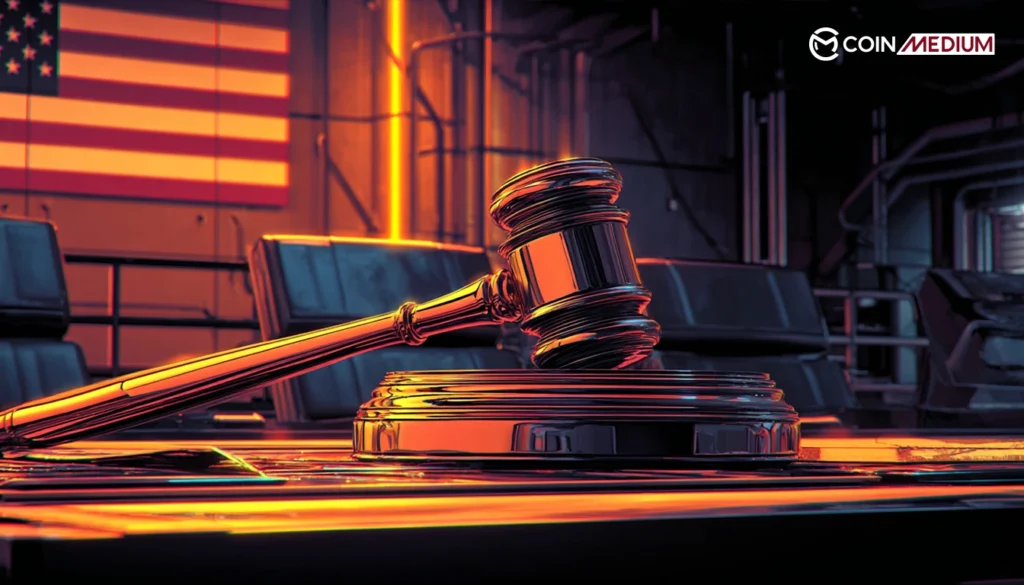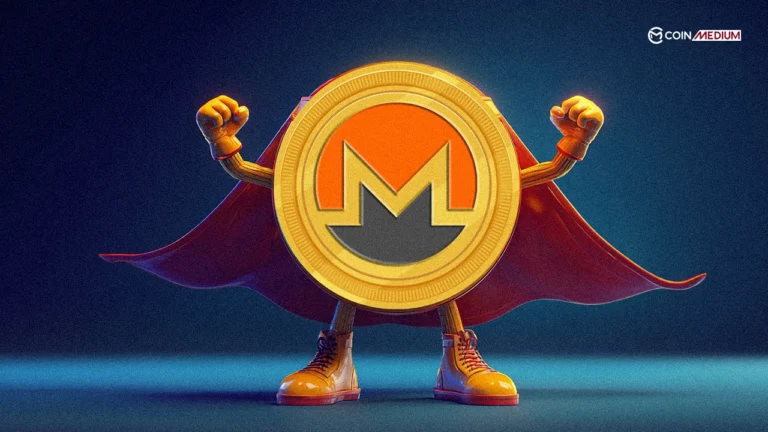Yuga Labs is a leading web3 company, primarily known for its creation of the Bored Ape Yacht Club (BAYC), a highly popular collection of non-fungible tokens (NFTs). They have also been in the business of buying and selling NFTs. The firm sold Moonbirds IP to Orange Cap Games (OCG) recently.
The US ninth circuit of appeals has overturned the long going lawsuit filed by NFT & gaming conglomerate Yuga Labs against conceptual artist Ryder Ripps. The court has reversed a $9 million reward given to Yuga Labs as a compensation against its trademark infringement lawsuit against artist Ryder Ripps and business partner Jeremy Cahen.
On Wednesday the court made it clear that there is no definite proof that artists have created any consumer confusion by creating NFTs that may have a passing resemblance to Yuga Labs most popular collection – The Bored Ape Yacht Club.
This decision sends the case back to a California federal court for a full trial to address Yuga Labs’ claims of trademark infringement and cybersquatting.
Yuga Labs sued both Ripps and Cahen in 2022 to which Ripps said that his NFT collection is a piece of satire that represented the racist imagery that Yuga demonstrated in its collection.
In an email exchanged with Cointelegraph, Ripps stated,
“huge victory for artists who seek to make expressive meaningful work.”
Yuga Labs co-founder, Greg Solano made a remark on X,
“We’ll now finish the fight in the district court.”
A Landmark Ruling for NFTs
The three-judge panel made a pivotal decision: they ruled that Yuga’s NFTs are indeed “goods” under US trademark law.
This sets a huge precedent, meaning that, for the first time, NFT collections can now sue other similar collections for trademark infringement. They reasoned that Yuga held “trademark priority” because they were the first to use the Bored Ape Yacht Club name in the market.
Yuga co-founder Greg Solano was quick to celebrate this on X, calling it an “important win for every NFT holder” because it confirms that Bored Ape NFTs are “protectable trademarks.”
Back to Court for a Full Trial
While Yuga celebrated the “goods” ruling, the court also had a major caveat. A federal court had previously sided with Yuga in 2023, finding that Ripps and Cahen’s NFTs would likely confuse buyers and initially awarding Yuga $1.6 million, which later grew to $9 million after a counterclaim loss.
However, the Ninth Circuit reversed that $9 million award. They found that Yuga hadn’t definitively proven that Ripps’ actions were “likely to cause consumer confusion” regarding their trademark infringement and cybersquatting claims.
Interestingly, while sending the case back for trial, the judges did agree with the earlier federal court ruling on one point.
Ripps and Cahen’s use of Yuga’s marks was not considered “nominative fair use” and wasn’t “expressive work” protected by the First Amendment.
This means Ripps can’t simply claim his work is protected as satire or artistic expression in this context. NFTs essentially are a work of creative art and as they are censorship resistant it can pose as extremely polarising as they give indefinite freedom to artists who may copy a huge part of someone else’s creative work.








